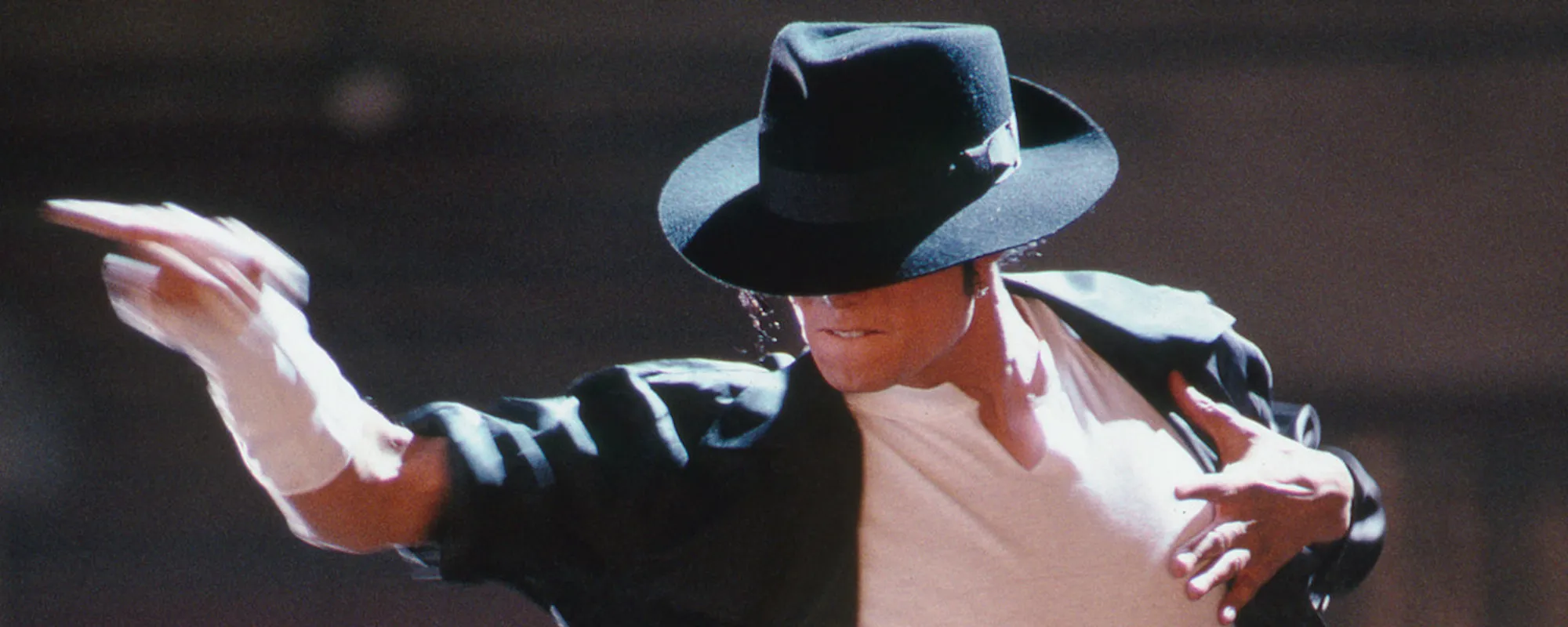
The Enduring Power of “The Rules of the Game”
Even if Mozart’s name and a quote from Beaumarchais’s play “The Marriage of Figaro” didn’t feature in the credits of “The Rules of the Game,” this 1939 film by Jean Renoir would still be the closest thing to a Mozart opera—indeed, to his “Marriage of Figaro”—ever put on film. Like Mozart’s Beaumarchais adaptation, Renoir’s film portrays crisscrossing romantic entanglements both among and between high society and the hired help, the elaborate ruses deployed to conceal them, and the mayhem that results when the truth comes out. Like the opera, the film blends these disparate moods and tones at a whirlwind tempo: slapstick comedy and poignant melodrama, graceful lyricism and bumptious braggadocio, witty satire and bitter tragedy. (The movie, in a 2021 restoration, is enjoying a brief run at the Paris Theatre, in a series called “Punch Up: Uppercuts to the Upper Crust,” starting August 1st; it’s also streaming on the Criterion Channel.)
Yet calling “The Rules of the Game” Mozartean would be faint praise if Mozart’s opera weren’t understood in its full potency: “The Marriage of Figaro” (like “Don Giovanni”) is a fiercely indignant denunciation of the aristocracy’s predatory power, which is embodied in the crime of rape. Count Almaviva seeks to exercise droit du seigneur over his wife’s maidservant, Susanna, who is betrothed to his valet, Figaro. The couple joins forces to outwit the Count, whose ultimate exposure leads to a more general unmasking—of a regime of lies, of oppression both by class and gender (women of various statuses being harassed, betrayed, or duped), and of relationships warped by submission or resistance to unjust authority.











